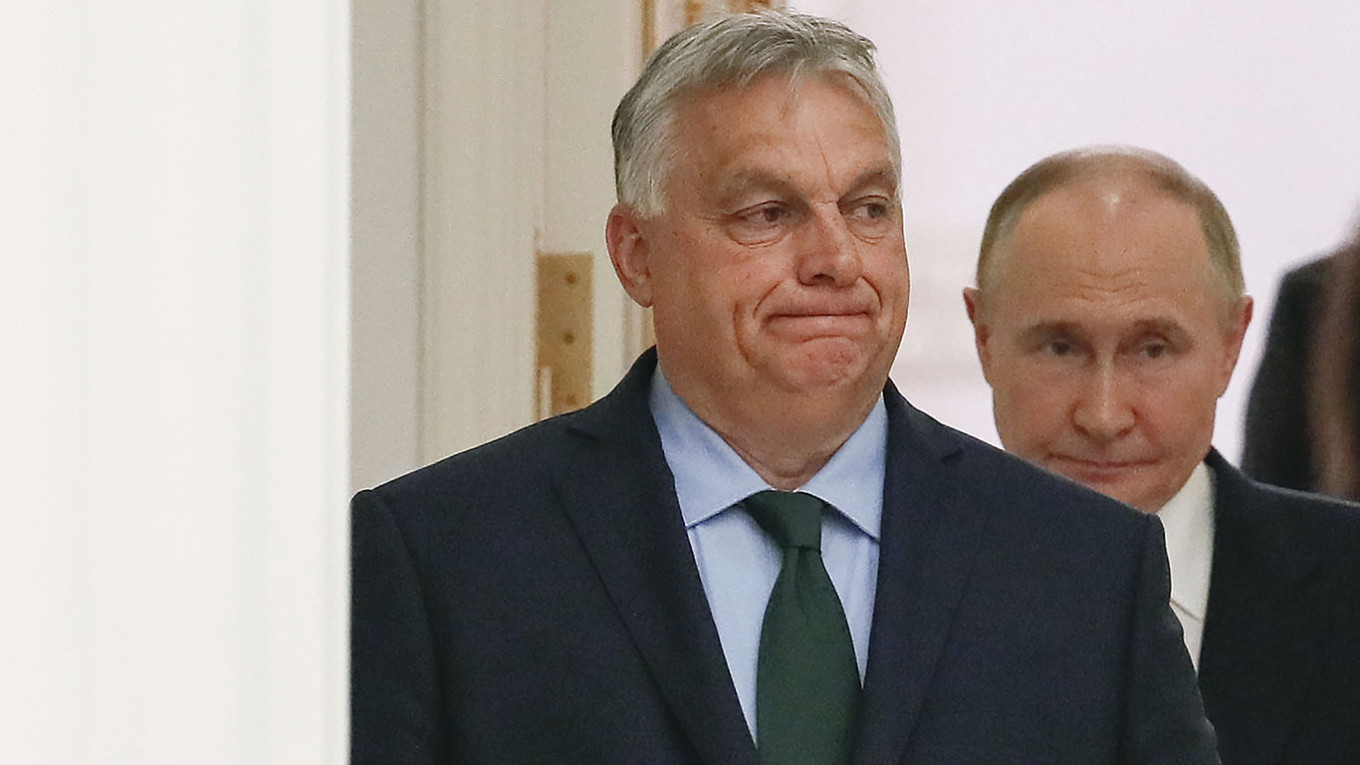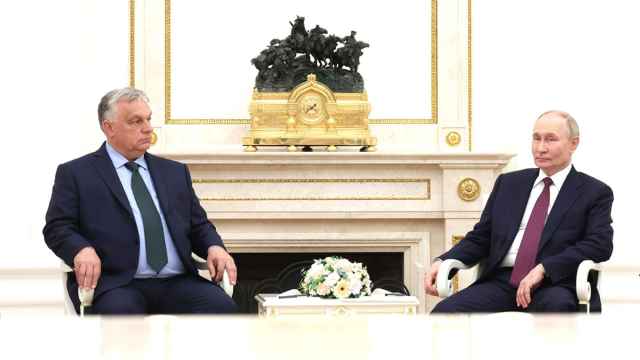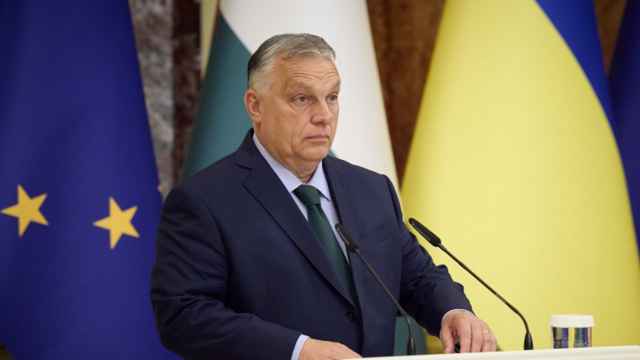Hungary on Wednesday dismissed as "political hysteria" fears that its new work and residency permit scheme for Russian and Belarusian nationals heightened the risk of spying in the European Union.
The European Commission and the European Parliament's biggest group raised concerns after Hungary extended a "national card" system to citizens of the two countries amid the war in Ukraine.
Hungarian Prime Minister Viktor Orban is the only EU leader to have maintained close ties with the Kremlin since Russia launched its full-scale invasion of its neighbor Ukraine in 2022.
"There is no legal and security issue whatsoever when it comes to the national card," Hungary's minister for European Union affairs, Janos Boka, told a press conference in Brussels.
"However there is... a clear political hysteria which is created by the majority of the European parliament and certain member states."
Previously only available to Ukrainian and Serbian citizens, Hungary's national card system was extended to eight countries, including Russia and Belarus, in July.
The same month, Orban enraged fellow EU leaders by jetting to Moscow to meet Russian President Vladimir Putin, just days after Hungary took on the EU's six-month rotating presidency.
Boka described the timing of the visit and of the extension as a "coincidence," adding the scheme did not impact the visa and entry procedure.
Its benefits were strictly related to the labor market, allowing an easier procedure for family reunification and the hiring of prospective workers, he said.
Since July, Hungary has issued only 14 national cards to Russian and Belarusian citizens, he said, arguing other EU member states granted far more residence permits to nationals of the two countries.
Whether the presence of Russian and Belarusian citizens in Europe was a national security issue was "open for discussion," Boka said. "But if you believe this is a national security issue, then the discussion should not be about Hungary."
In July, the European Parliament's biggest group, the conservative European People's Party (EPP), complained the relaxed rules could create "grave loopholes for espionage activities" as Russia tries to target the EU amid the war in Ukraine.
The EU's home affairs commissioner later agreed with the concerns and sent a letter to Budapest requesting they respond to a list of questions.
A Message from The Moscow Times:
Dear readers,
We are facing unprecedented challenges. Russia's Prosecutor General's Office has designated The Moscow Times as an "undesirable" organization, criminalizing our work and putting our staff at risk of prosecution. This follows our earlier unjust labeling as a "foreign agent."
These actions are direct attempts to silence independent journalism in Russia. The authorities claim our work "discredits the decisions of the Russian leadership." We see things differently: we strive to provide accurate, unbiased reporting on Russia.
We, the journalists of The Moscow Times, refuse to be silenced. But to continue our work, we need your help.
Your support, no matter how small, makes a world of difference. If you can, please support us monthly starting from just $2. It's quick to set up, and every contribution makes a significant impact.
By supporting The Moscow Times, you're defending open, independent journalism in the face of repression. Thank you for standing with us.
Remind me later.







